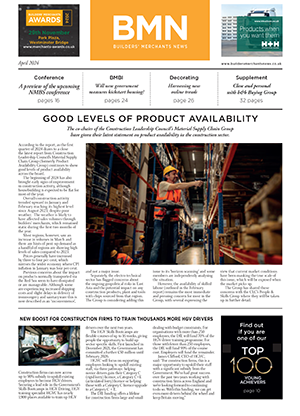A report published by MPs has urged the Department for Communities and Local Government (DCLG) to reconsider axing measures that support renewable energy in new homes.
The report from the Energy and Climate Change Select Committee feeds into the Housing Standards Review consultation, which suggests "amending or removing" both the Code for Sustainable Homes and the Planning & Energy Act.
Dave Sowden, chief executive of the Micropower Council, said: "As an organisation instrumental in the creation of the Planning & Energy Act, we were disappointed by the proposal for its repeal in the Housing Standards Review.
“Current cross-party agreement is for lower fuel bills for households, however the recent watering of Building Regulations and proposals in the Housing Standards Review will result in the opposite for newbuild homes. Our analysis suggests fuel bills will be up to £100 higher than they would be had the Building Regulations not been watered down. There are also additional implications for industry and for jobs.
"The Select Committee report is right to challenge DCLG's proposals and to accurately point out that costs of renewables are already falling. As the conclusions in the report state, this is a 'once-in-a-generation opportunity to embed sustainability in the national housing stock through appropriate regulation' and DCLG must act appropriately."
The Micropower Council is part of a joint-industry coalition which has written to MPs, urging them to challenge DCLG's proposed repeal of the Planning & Energy Act, its scrapping of Consequential Improvements and its watering down of improvements to Building Regulations. The Association for the Conservation of Energy, the Combined Heat and Power Association, the Renewable Energy Association, the Solar Trade Association and BEAMA are also members of this growing coalition.
The UK Green Building Council has also responded to the report. Senior policy advisor Jo Wheeler said: "The Code for Sustainable Homes has transformed the industry's attitude to sustainability, and has been very helpful in setting out a clear direction for future standards. The time was right for review and rationalisation, but any changes must support the delivery of high-quality homes. With the demise of the Code and big omissions in the Housing Standards Review consultation around issues like materials, we risk losing a momentum that has transformed the way homes have been built over the last seven years.
"UK-GBC believes that where appropriate, standards should be brought into Building Regulations as soon as possible, and the government's self imposed 'one in, two out' rule is not a valid excuse to delay. We also need suitable transitional arrangements, so that we don't see a weakening in standards before national regulations catch up."






